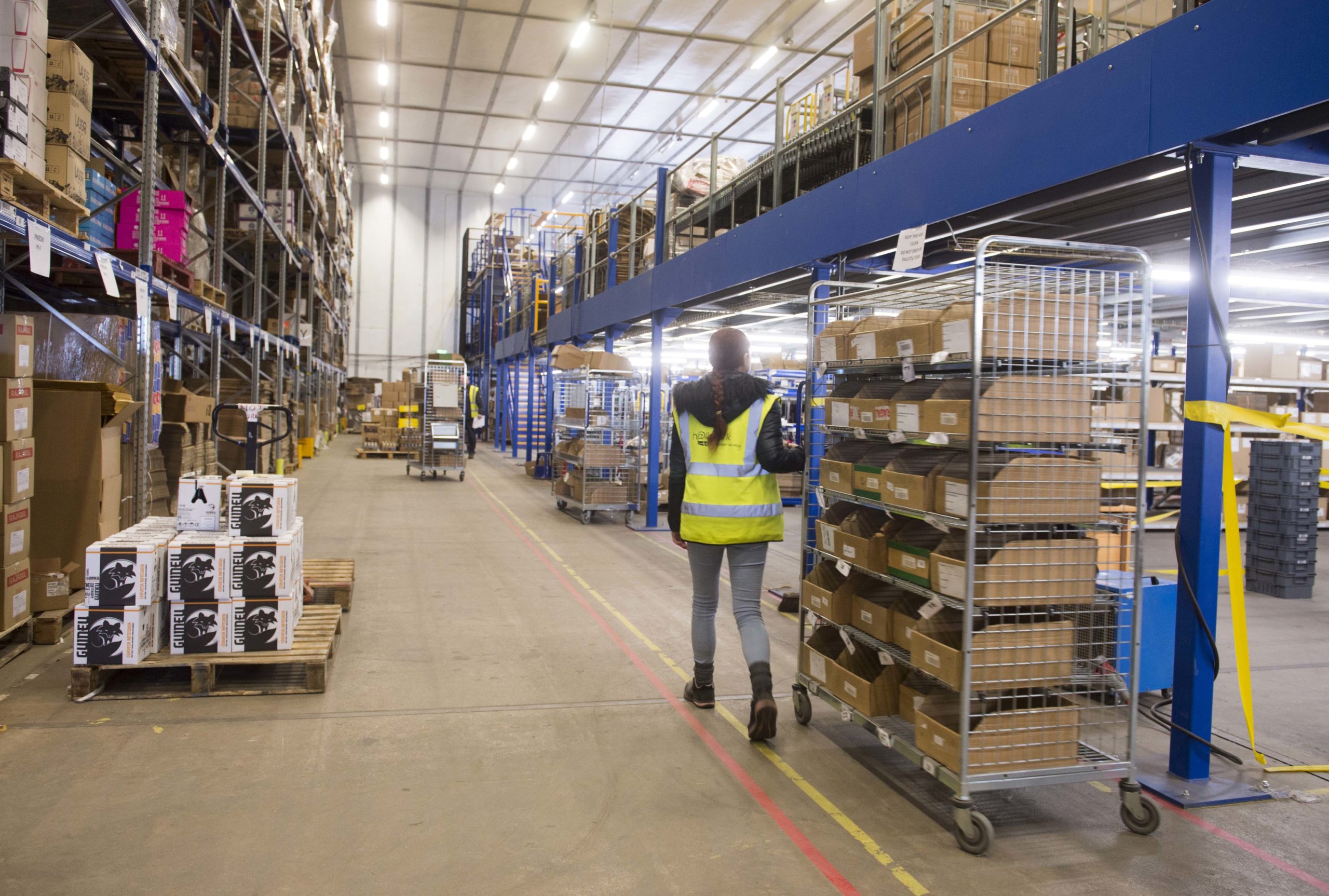In its latest Covid-19 report Gerald Eve notes that furniture retailer DFS has a 400,000 sq ft requirement for immediate occupation to store containerised stock.
DFS is not the only company that faces such an issue and nor is the UK the only country that is facing the problem of where to put all the containerised stock heading its way from around the world.
Reports in magazines and newspapers note that the global lockdown and subsequent down turn in economic activity and fall in consumer demand means that containers full of stock are stuck in ports and freight stations.
In addition there are billions of pounds of unsold stock from clothes to furniture that are seasonally sensitive blocking space in warehouses nationwide meaning that even if the containers could be destuffed there is nowhere for the new influx of goods to be stored.
Andrew Gent of Gent Visick said: “There is going to be short term demand for extra container storage until the industry can get sorted.”
Ports in the UK are already looking to secure more space or free up temporary space for container storage.
ABP has grown its capacity to store refrigerated containers at the Port of Hull. The installation of two new Reefer Gantries at the Humber Container Terminal on the port has now been completed. The Reefer Gantries have increased the terminal’s capacity by an additional 64 reefers.

Reefers are refrigerated containers, which are used to transport perishable goods. Reefers use an integral refrigeration unit that keeps the goods inside at an optimum temperature. The unit is supplied with power from the vessel or vehicle during transit, and upon reaching the port it is transferred to the Reefer Gantry which supplies power to the unit whilst the reefer awaits onward shipment.
The two new Reefer Gantries allows reefers on the terminal to be stacked four high, enabling the terminal to save valuable ground space, that in turn increases its storage capacity for other types of containers.
“As the COVID-19 crisis continues, now more than ever this expansion will help support the flow of perishable goods into the UK such as food and medicine.”







